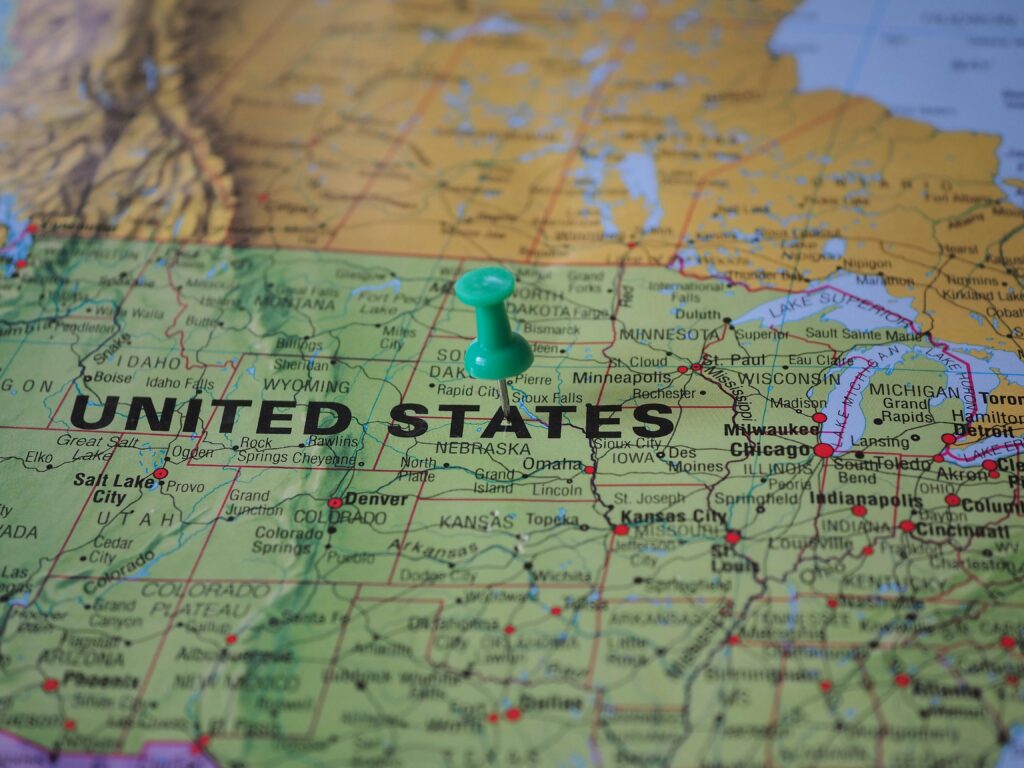Lower court injunction overturned
The Supreme Court has sided with the Trump administration, allowing federal immigration authorities to continue enforcement raids in Southern California that had previously been blocked. The decision overturns a July 11 injunction issued by U.S. District Judge Maame Frimpong, who had found that the government’s actions likely violated the Fourth Amendment, which protects against unreasonable searches and seizures.
Lawsuit alleges profiling and aggressive tactics
The legal challenge contended that masked, heavily armed federal agents targeted people based on race, ethnicity, or the way they spoke, with some describing the encounters as sudden and forceful, akin to kidnappings. One plaintiff, Jason Gavidia, claimed he was physically confronted after asserting his U.S. citizenship and being asked to identify the hospital where he was born. Judge Frimpong’s order had prohibited authorities from relying solely on skin color, language, type of employment, or presence at specific sites such as car washes and tow yards to justify detentions, noting that these factors alone do not create “reasonable suspicion.”
Supreme Court splits on ruling
The 9th Circuit Court of Appeals had previously refused to lift Frimpong’s restrictions on August 1, prompting the Justice Department to appeal to the Supreme Court. Lawyers for the administration argued that officers required broad discretion in areas where roughly 10 percent of residents are undocumented. The court’s conservative majority sided with the government, while the three liberal justices dissented. The ruling adds to a series of high court decisions permitting Trump-era immigration policies to proceed despite legal challenges in lower courts.


